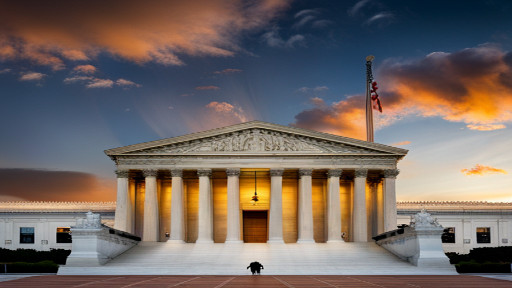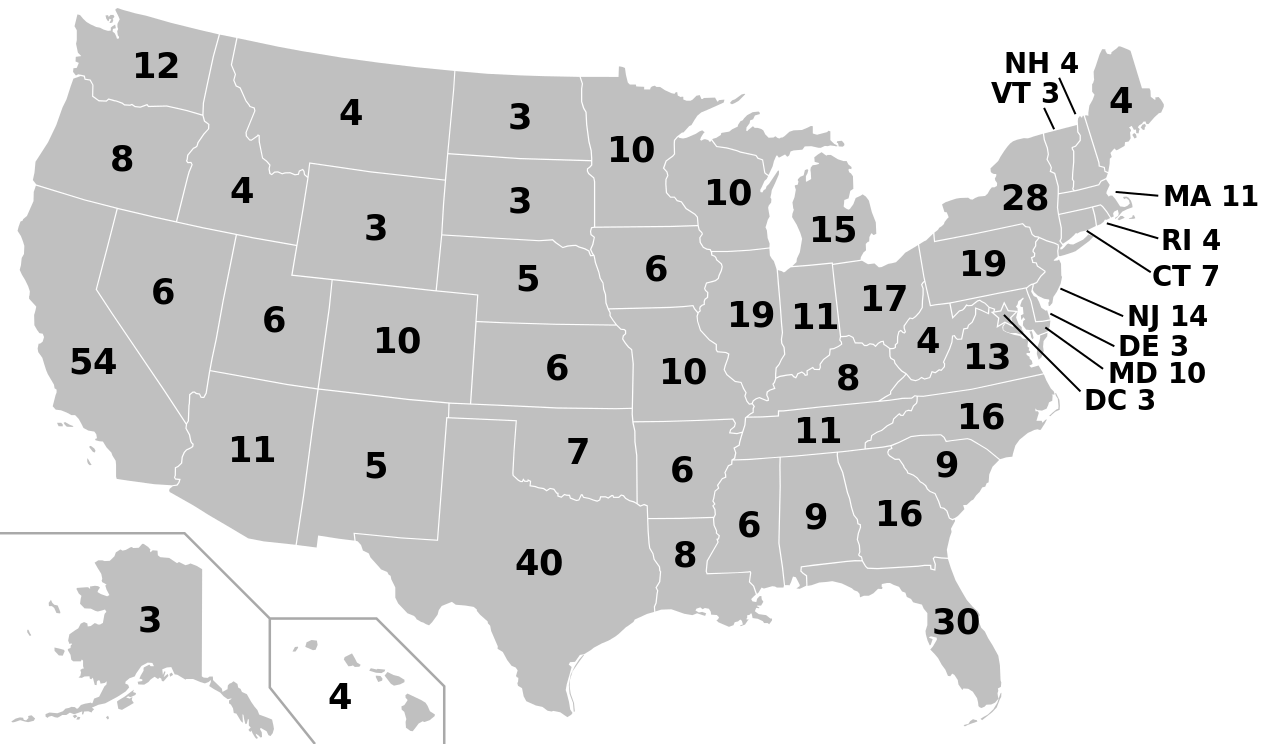A lawsuit has been filed in Wisconsin, urging the recently liberal-controlled Supreme Court to invalidate the electoral maps drawn by Republicans on the grounds of being unconstitutional. This lawsuit is part of a series of legal challenges across the country that have the potential to disrupt political boundaries before the 2024 election.
The much-anticipated measure has received support from Democrats and was submitted by a collaborative effort between several law firms and organizations focused on protecting voting rights. This development follows a recent shift in the political landscape as the Wisconsin Supreme Court transitioned from a conservative majority to a liberal one. The newly appointed justice expressed concerns about the Republican-drawn electoral maps, labeling them as biased and in need of examination.
Jeff Mandell, the board president of Law Forward, one of the organizations involved in the lawsuit, stated that gerrymandered maps have led to the division of our communities, impeding fair representation. It is worth noting that the legislative branch, which is intended to be the most directly representative of the people, has been affected by this issue.
The legal action requests the inclusion of all 132 state legislators in the upcoming election, in which new district boundaries would be implemented. For Senate districts in the middle of a four-year term by 2024, a special election would be held, with the victor serving a two-year term. The regular four-year election cycle would then recommence in 2026.
The Wisconsin Supreme Court undergoes a significant shift in power as it transitions to a liberal majority after a span of 15 years. Democrats are looking towards the court’s newfound liberal control to secure favorable rulings on abortion and redistricting issues. Addressing this matter, a Wisconsin judge has permitted a lawsuit aimed at repealing the abortion ban to proceed. Republican Senate Majority Leader Devin LeMahieu has expressed concerns, claiming that Democrats are relying on judicial decisions to enhance their political influence and accusing them of seeking to collect favors from the recently elected liberal Supreme Court justice.
The Wisconsin legal case is merely one among numerous anticipated or ongoing legal disputes that may require legislators or specialized commissions to create a fresh batch of maps prior to the 2024 election. An illustrative instance of this can be seen in Alabama, where lawmakers enacted new congressional districts last month in response to a ruling by the U.S. Supreme Court in June, which deemed their districts to be in violation of federal law due to the dilution of voting power among Black residents. Advocates for voting rights are challenging the newly implemented map, arguing that it still fails to adequately address the underlying concerns.
All states had to redraw the boundaries of voting districts following the completion of the 2020 census. In instances where a single political party had control over this process, the individuals responsible for drawing the maps frequently aimed to secure an advantage for their own party. This was accomplished by either concentrating opposing voters into a limited number of districts or dispersing them across numerous districts. This manipulation of district boundaries is commonly referred to as gerrymandering.
The newest legal issue being presented urges the Wisconsin Supreme Court to directly consider the case instead of going through lower courts. The argument put forth is that the state’s legislative maps are a gerrymander and therefore unconstitutional. It is important to note that the lawsuit does not contest the congressional maps.
Attorney Dan Lenz from Law Forward has not dismissed the possibility of challenging the congressional maps in the future, highlighting that addressing the legislative maps is only the initial phase.
The Supreme Court petition contends that the existing maps unlawfully retaliate against certain voters due to their opinions and expression of free speech. Additionally, the current maps establish districts that lack continuity and incorporate disconnected fragments of land. Furthermore, they treat certain voters unfavorably based on their political beliefs and residential location, thus contravening the principles of fair governance.
The Supreme Court’s violation of the state’s separation of powers principle and the governor’s constitutional authority to veto bills is being argued based on the enactment of maps previously vetoed by Democratic Gov. Tony Evers.
According to Mandell, the court would be responsible for determining the process of creating new maps and identifying the individuals or entities who would be responsible for submitting them.
Evers expressed his admiration for the legal action.
Evers expressed his enthusiasm about today’s filing, stating that it is a positive development for our democracy and the residents of our state. He emphasized that the people’s long-standing demand for fair maps and a nonpartisan redistricting process has been consistently dismissed by their elected representatives, making this news significant.
Law Forward, along with the Stafford Rosenbaum law firm, the Election Law Clinic at Harvard Law School, the Campaign Legal Center, and the Arnold & Porter law firm, are among the parties involved in the lawsuit on behalf of Wisconsin voters.
The Wisconsin Supreme Court, which is currently under conservative control, made a decision in 2021 to uphold the use of congressional district maps that had minimal changes compared to the previous maps drawn by Republicans in 2011. These 2011 maps were highly criticized for favoring Republicans through gerrymandering and even faced a legal challenge that reached the U.S. Supreme Court. However, the conservative-controlled Wisconsin Supreme Court chose to maintain these maps.
Despite the Democrats’ victory in winning every statewide race and claiming 53% of the statewide legislative vote in 2018, their representation in the Wisconsin Assembly remains underwhelming with only 36 out of the 99 seats. This highlights the lasting impact of the 2011 maps, which solidified Republican dominance in the Legislature.
The Assembly is currently dominated by Republicans, who hold a majority of 64 seats compared to the Democrats’ 35. Likewise, in the Senate, Republicans hold a majority of 22 seats, while the Democrats have 11.
In 2022, the state’s highest court initially approved a map created by Governor Evers, which mostly maintained the district boundaries that favored Republicans. However, in March of the same year, the U.S. Supreme Court rejected the legislative maps while accepting the congressional map.
In a close decision of 4-3, the Wisconsin Supreme Court approved the redistricting maps proposed by the Republicans. The three liberal justices on the court expressed their disagreement. However, with the recent addition of Justice Janet Protasiewicz, who assumed a 10-year term just this week, the liberal justices now hold the majority.
Protasiewicz, who received backing from Democrats and other opponents of the existing maps, expressed her strong desire to address the issue during her campaign. Republican Assembly Speaker Robin Vos expressed his expectation that Protasiewicz would abstain from the case in light of her campaign statements.
Protasiewicz confidently stated during a candidate debate that the matter of map fairness is actually quite straightforward. It is widely acknowledged that the existing maps are perceived as unfair by virtually everyone.









Leave a Reply